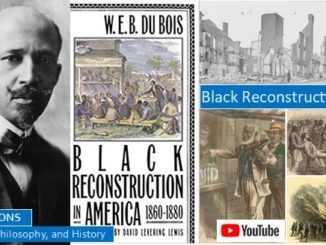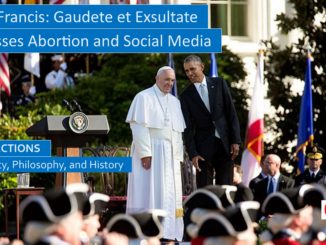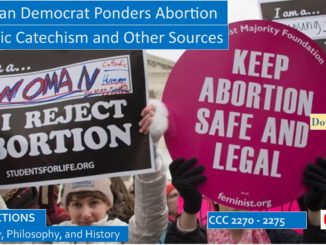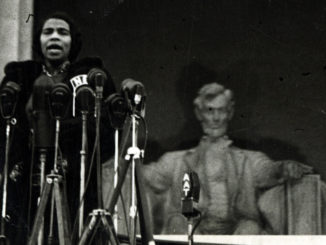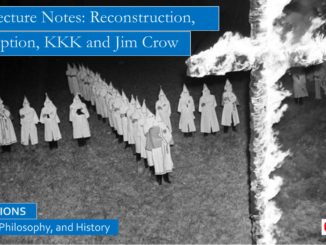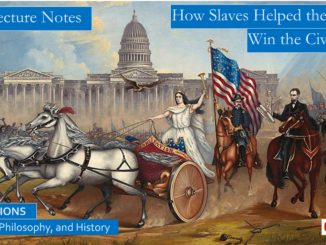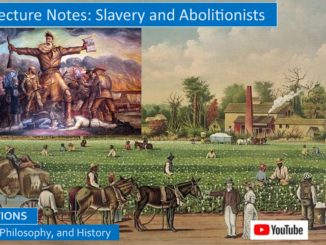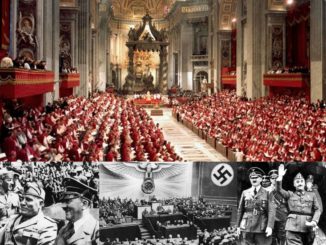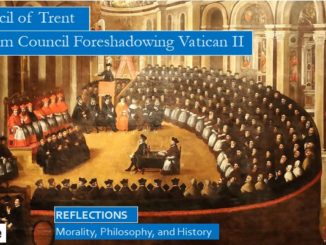
Council of Trent, The Reform Council Foreshadowing Vatican II
Was the Council of Trent a reactionary council? This is a common perception, that the Council of Trent initiated the Catholic Counter-Reformation to defend the Catholic Church from the influences of the Protestant Reformation started by Martin Luther, and that the Vatican II Council was a rejection of Trent, steering the Catholic Church in a more liberal direction. Father O’Malley’s history leads to a different conclusion, that the actual Council of Trent, as opposed to the later impressions of Trent, is really a progressive council that is a precursor to Vatican II. Indeed, the documents of Vatican II and the subsequent Catholic Catechism both cite the Council of Trent extensively.
The post Reformation polemics are to blame for this misunderstanding of the nature of the Council of Trent. In Father O’Malley’s words, “When Pope Pius IV confirmed the council’s decrees, he forbade the printing of commentaries or notes on them without explicit permission of the Holy See.” The Pope really had no choice, the Catholic Church was besieged, had the Pope not restricted access to the minutes of the Council of Trent, protestants would have taken out of context and distorted the debates to discredit the Church. But this prevented balanced scholarship on Trent for four hundred years, until Pope Leo XIII opened the Vatican Archives in 1880.
Also, when he confirmed the decrees of the Council of Trent, Pope Pius IV established the Congregation of the Council that functioned for four hundred years, until the time of Vatican II, 1966. Many of these interpretations of the Council of Trent were more reactionary than the Council itself, partly in response to the polemic pressures encountered by the Catholic Church. In Father O’Malley’s words, “the Congregation’s decision promoted the impression that the council answered all possible questions, even on subjects it in fact never addressed, and that is left little room for change or further development and local adaptation. This impression became an integral element in the myths about the council.” […]

